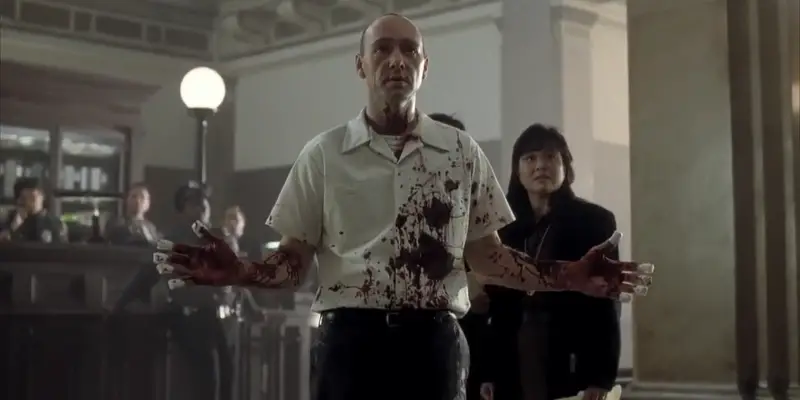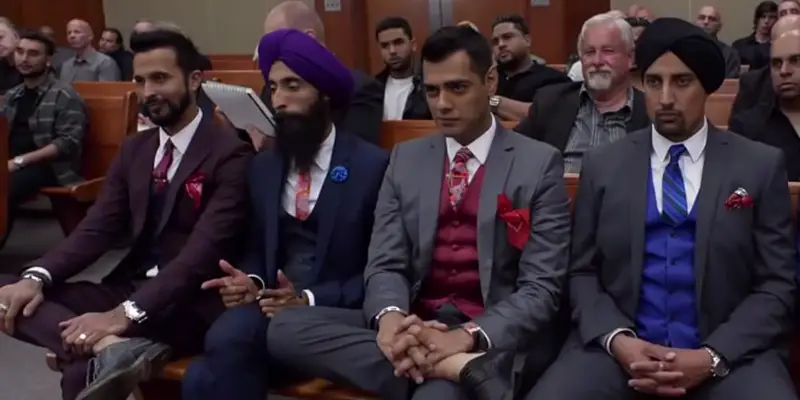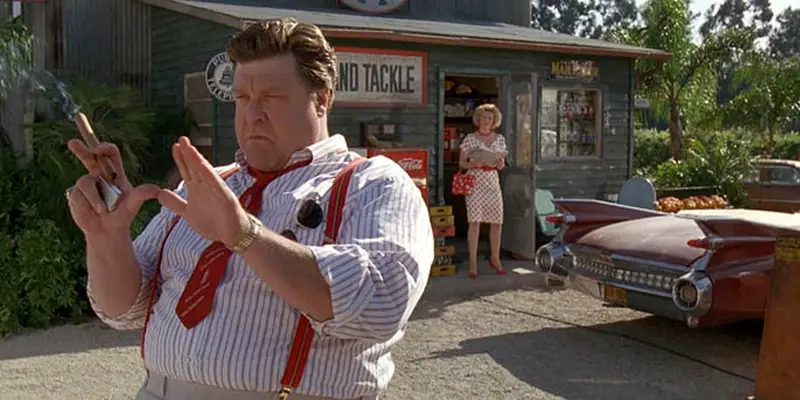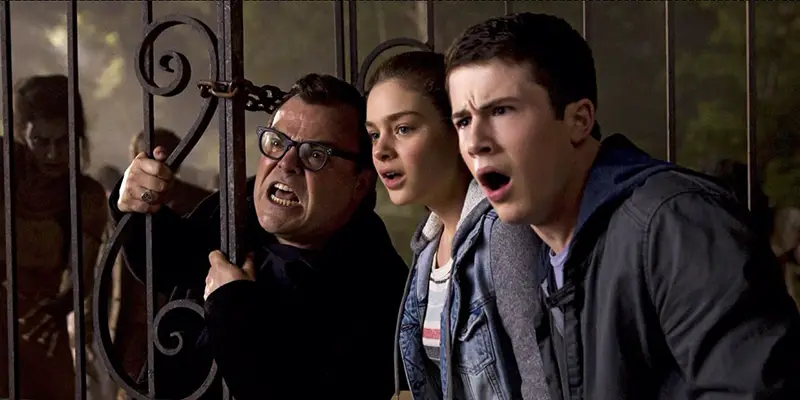
Horror movies geared towards the younger generation are sometimes hard to come by, likely because a large portion of kids do not like to be scared. To make a horror movie for kids, then, you have to somehow tread the line between scary and lighthearted. Luckily, Goosebumps finds that balance, managing to capture not only the charm of Stine’s work, but the scares as well, without straying too far in either direction.
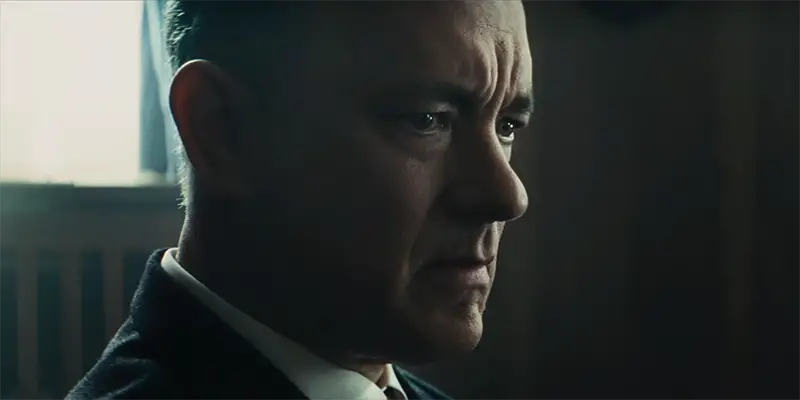
Bridge of Spies is not what I would call a happy film. Gray snow envelopes the dilapidated East German cityscape and we find Tom Hanks’s character interacting with others primarily in poorly lit, often dank rooms. Nearly all of the characters are entirely self-interested with blinders positioned perfectly to block out the undesired effects their actions can have on others.

Technology has made finding relationships easier than before, yet also far more difficult to sustain. Less than a day before writing this review, my boyfriend broke up with me. It took eight months to realise that we are completely different people with different interests, with the realisation of our incompatibility unwelcome but inevitable.
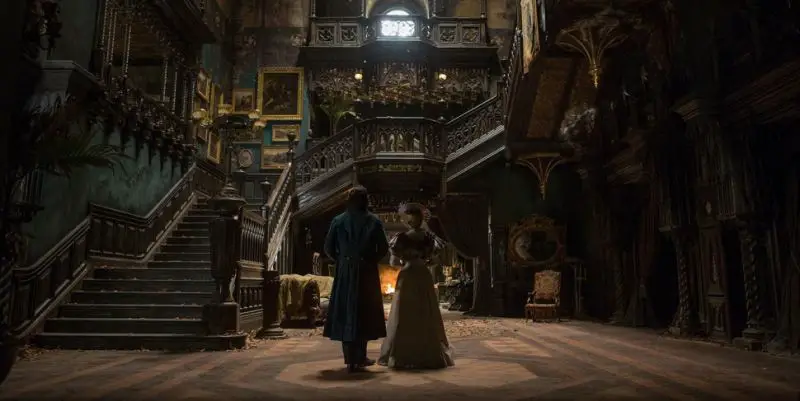
While most genre filmmakers have a hard time choosing between style and substance, Guillermo Del Toro has become the best filmmaker in the fantasy genre by giving equal weight to the visual design and emotional weight of the narrative; both complement each other in the best of his work. Even in a simple blockbuster movie like Pacific Rim, the substance is always there to be seen due to the clear love for the old-school Kaiju movies that inspired it – to date it is the only major studio tentpole blockbuster that feels like the personal passion project it was devised as. Crimson Peak is Del Toro’s return to gothic fantasy, his first film in the English language that could be comparable to his two Spanish Civil War fairy tales, The Devil’s Backbone and Pan’s Labyrinth.
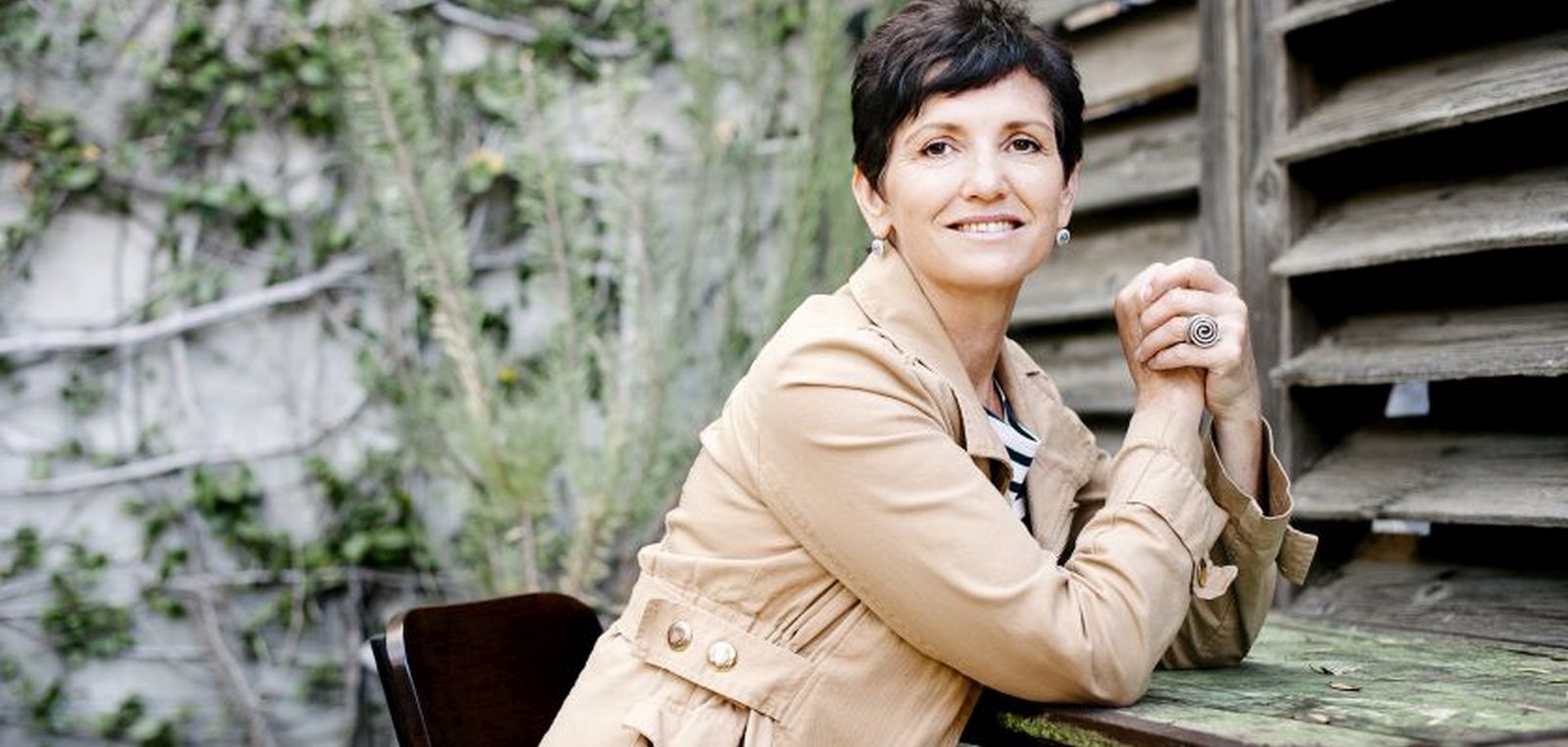
Today we would like to announce that Maria Giese and Film Inquiry are joining forces in championing women directors and promoting awareness about the systematic under-representation of women directors in Hollywood. Giese is a unique and important voice in the film industry today, and we are very excited to work with her. About Maria Giese Maria Giese, graduate of Wellesley College and UCLA’s Graduate School of Film & Television, is a writer/director.

Closely approaching Quentin Tarantino’s new film The Hateful Eight arises expectations not only because of the name he has created for himself, but also because we are aware of the repeating pattern of collaborators in his films. But this piece is not about the cast of the film nor about Tarantino’s specific style. It is about the collaborators behind the scene, specifically on his first time collaboration with Ennio Morricone as a composer of the film’s original soundtrack.
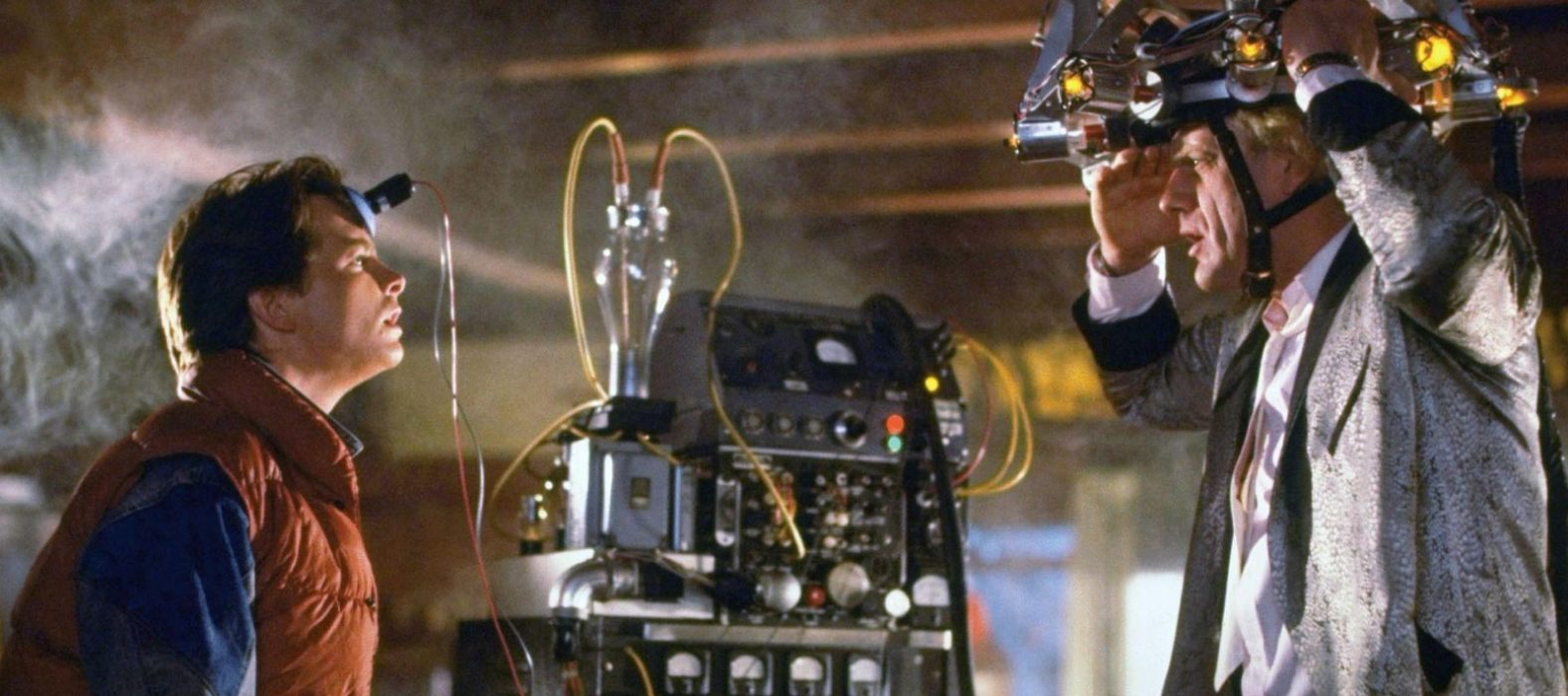
There are franchises that have their special days to commemorate their enduring legacy, usually ones which are directly implied from the films. Star Wars, for example, has its May 4th as a reference to the famous “may the Force be with you” quote, and the Back To The Future trilogy also has its own. As the series centres on time travel and that there are a number of dates which our heroes transport to, the one that arguably stands out as ‘Back To The Future Day’ is October 21st, 2015.

IMDb describes Bone Tomahawk as a horror western in which four men set out to rescue captives from cannibalistic cave dwellers. Honestly, it looks fun enough with Matthew Fox’s character shooting anyone that even tries to talk to their group. Then there’s that “cannibal” trying to stick a large bone down Kurt Russell’s mouth.



